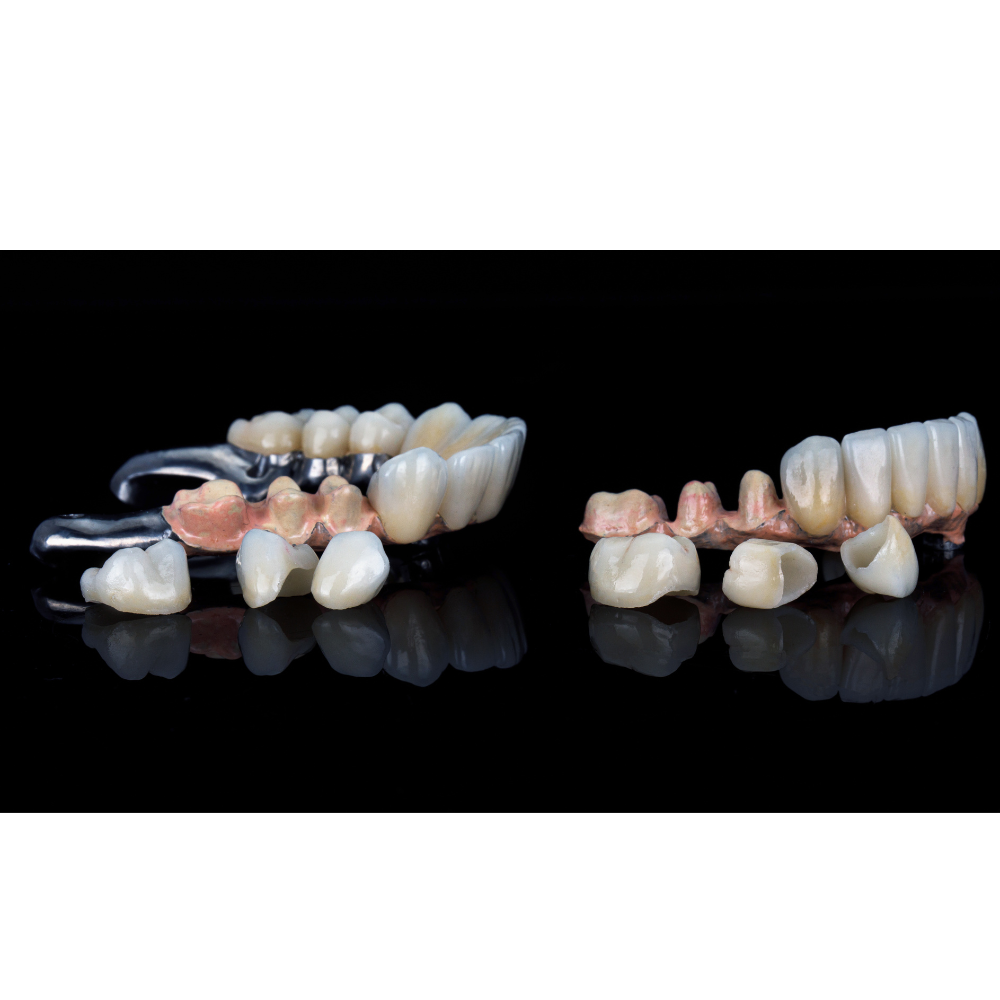How To Kill Nerve In Tooth – Know It All Here
Nothing is worse than tooth pain which disrupts everyday life and causes significant discomfort. Many seek a way to kill the nerve in the tooth to find relief when the pain becomes unbearable. This process while sounding extreme is sometimes necessary to get rid of severe pain and restore dental health.
We will discuss the various professional and home remedies available. We’ll also cover the symptoms that indicate an infected tooth nerve, and potential treatments.
How To Kill Nerve In Tooth?
The following are some dentist-approved tooth nerve treatment options to address the infected nerve and get lasting relief:
Root Canal
A root canal is a common and highly effective procedure for treating an infected tooth nerve. This procedure not only alleviates pain but also saves the tooth from extraction which allows you to maintain your natural smile.
Antibiotics
If the infection is widespread, your dentist might first prescribe antibiotics. These medications help fight the bacterial infection, reducing inflammation and pain.
Antibiotics are often used in conjunction with other treatments, as they help control the infection before or after more invasive procedures like a root canal or extraction. However, antibiotics alone are usually not a permanent solution and are part of a broader treatment plan.
Extraction
In cases where the tooth is too damaged to be saved, extraction may be necessary. Extraction can provide immediate relief from severe pain and prevent the infection from spreading to other parts of the mouth. After an extraction, options like dental implants or bridges can help restore function and appearance.
Pulp Capping
For less severe cases, pulp capping might be an option as tooth nerve treatment. This involves placing a protective dressing over the exposed pulp to encourage healing and protect the nerve. This treatment is less invasive than a root canal and can sometimes save the tooth without needing more extensive procedures.
Symptoms Of Infected Tooth Nerve
* Throbbing or sharp pain in your tooth.
* Pain that gets worse with hot or cold drinks/food.
* Sensitivity to touch or biting down.
* Swollen gums around the tooth.
* Bad breath or pus coming from the tooth.
Reasons Behind Killing Teeth Nerves
Here are the reasons to kill the nerve in the tooth:
Severe Tooth Decay:
When cavities reach the inner pulp of the tooth, the nerve becomes inflamed and infected. Removing the infected pulp including the nerve through a root canal is necessary to stop the pain and prevent further damage.
Cracked or Fractured Tooth:
Cracks or fractures can expose the pulp and nerve to bacteria, leading to infection and pain. Killing nerves in teeth and removing the infected tissue is very important to prevent further complications.
Dental Trauma:
A blow to the face or other trauma can damage the tooth and nerve. If the nerve becomes inflamed or infected, removal might be necessary to save the tooth.
Repeated Dental Procedures:
Sometimes, repeated procedures like fillings or crowns can irritate the nerve which leads to inflammation and pain. In such cases, removing the nerve might be the best option.
Trick To Kill Tooth Pain Nerve In 3 Seconds Permanently
There are no safe and effective tricks to kill a tooth nerve pain in 3 seconds permanently. Because teeth are intricate structures with delicate nerves. Damaging a nerve with a quick fix could lead to serious problems like permanent numbness or even more pain.
Toothaches are often caused by deeper issues like an infection in the pulp. Over-the-counter solutions or quick tricks can’t address the infection itself which is the root of the pain. While you wait to go to the doctor, here are some home remedies for exposed nerves in the tooth as temporary solutions that might help with the pain:
Cold Compress:
Apply a cold compress wrapped in a towel to your cheek near the affected tooth. The cold can help numb the area and reduce inflammation for temporary pain relief.
Clove Oil:
Clove oil has natural numbing properties. Dab a very small amount diluted with carrier oil like olive oil if needed on a cotton swab and apply it directly to the tooth. Must avoid the gums as clove oil can irritate them.
Over-the-counter Pain Medication:
Pain relievers like ibuprofen or acetaminophen can help manage the discomfort until you see a dentist.
Warm Salt Water Rinse:
Similar to the cool saltwater rinse, a warm saltwater rinse can help soothe the area and potentially loosen any food particles stuck around the tooth.
Elevation:
Elevate your head with extra pillows while sleeping. This can help reduce blood flow to the area and potentially lessen throbbing pain.
Home Remedies for Exposed Nerve in Tooth
Here are some home remedies to treat exposed nerves in teeth:
Tongue Cleaning:
Gently clean your tongue with your toothbrush or a tongue scraper to remove bacteria that can contribute to bad breath and gum disease, another risk factor for nerve exposure.
Eat a Balanced Diet:
Ensure your diet includes plenty of fruits, vegetables, and calcium-rich foods to strengthen teeth and promote overall oral health.
Fluoride Treatments:
Professional fluoride treatments at the dentist’s office can strengthen tooth enamel and further protect against decay.
Quit Smoking:
Smoking weakens the immune system and increases the risk of gum disease which can lead to nerve exposure.

FAQs
Can A Tooth Live Without A Nerve?
Yes, technically. A tooth with no nerve is considered dead but can remain in the mouth for some time. However, a dead tooth is more prone to fracture and infection and may eventually need extraction.
Is The Nerve Removed In A Root Canal?
Yes. A root canal procedure removes the infected pulp tissue which includes the nerves and blood vessels from the inside of the tooth. This eliminates the source of pain and allows the tooth to be saved.
How To Stop Tooth Pain Permanently?
Permanent solutions for tooth pain depend on the cause. Here are some possibilities:
- Fillings: For cavities that haven’t reached the nerve.
- Root Canals: For infected pulp tissue.
- Crowns: To protect and strengthen a tooth after a root canal.
- Extractions: In severe cases where the tooth cannot be saved.
How To Numb Tooth Nerve Pain?
Over-the-counter pain relievers can offer temporary relief. However, a nerve dentist can provide stronger pain relief options and address the underlying cause.




